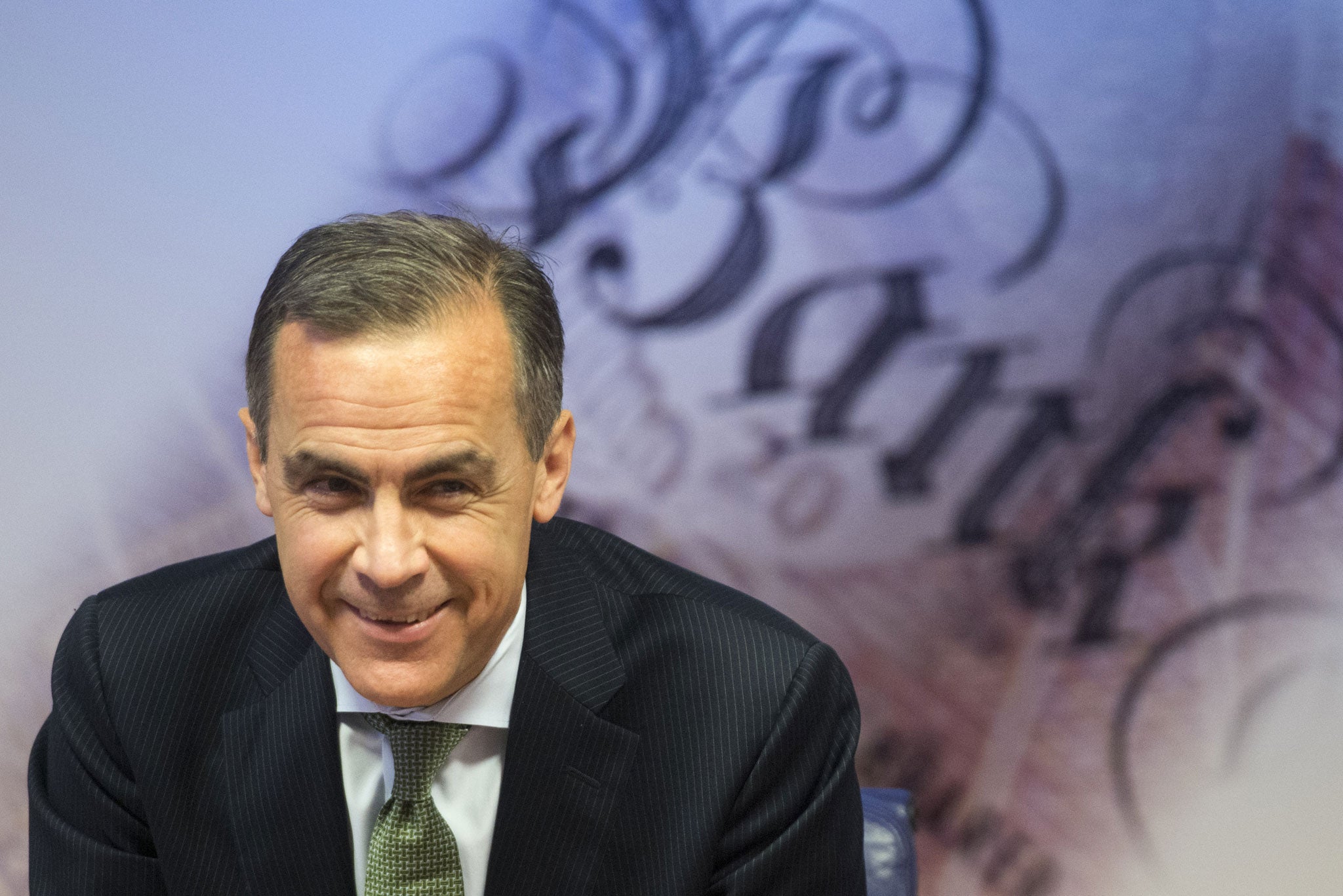Should you be rushing to get a fixed rate mortgage?
It might be time for a rethink, says Simon Read. Analysts think it's a year of opportunity for cheap borrowing

With rumours swirling that interest rates could rise sooner than expected, should you fix your mortgage now to protect against future increases? Or have you missed out on the best deals?
This week saw upward fixed rate moves by major lenders. NatWest and Santander, which last year lent £18bn to mortgage borrowers, both increased prices on their five year fixed rate loans.
In fact most of the major lenders, and some smaller ones, have increased some of their five-year fixed rates recently, with increases ranging from 0.07 per cent to 0.3 per cent.
The rises prompted Simon Gammon, head of Knight Frank Finance, to advise borrowers to "get in early while there is appetite to lend and banks have large targets for the year to hit".
He believes that the base rate will rise shortly after the 2015 general election. It's a belief widely shared and explains why money markets have already started to see swap rates increase, which in turns leads to a rise in the rate of fixed mortgages.
Mr Gammon's message is simple: "2014 represents a year of opportunity to grab yourself some cheap fixed borrowing," he said.
Is he right. or just trying to drum up extra business for his firm?
Ray Boulger, of mortgage adviser John Charcol, agrees that five-year fixed rates are on the rise.
"The short-term message for anyone wanting a five-year fix is not to hang around – rates are only going one way in the short term, upwards."
However the same is not true for two-year deals. "Over the last fortnight there has been some jockeying of positions on two-year fixed rates, with some rates being increased and others decreased," Mr Boulger noted.
So what should borrowers do? The could perhaps cosnider variable rates, Mr Boulger suggested: "As fixed rate pricing has increased, pricing of new variable rates has been falling.
"A year ago, five-year fixed rate mortgages were priced below comparable variable rates. Today, not only are they about 1 per cent dearer, but many variable deals are available with no early repayment charges.
"If this differential increases much more the question of how big a premium is worth paying for the security offered by a five-year fixed rate will become increasing relevant," he pointed out.
Subscribe to Independent Premium to bookmark this article
Want to bookmark your favourite articles and stories to read or reference later? Start your Independent Premium subscription today.

Join our commenting forum
Join thought-provoking conversations, follow other Independent readers and see their replies